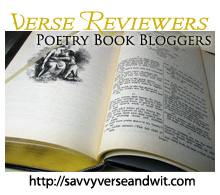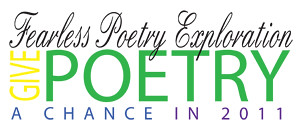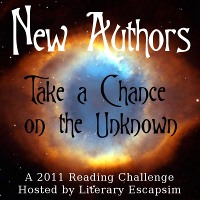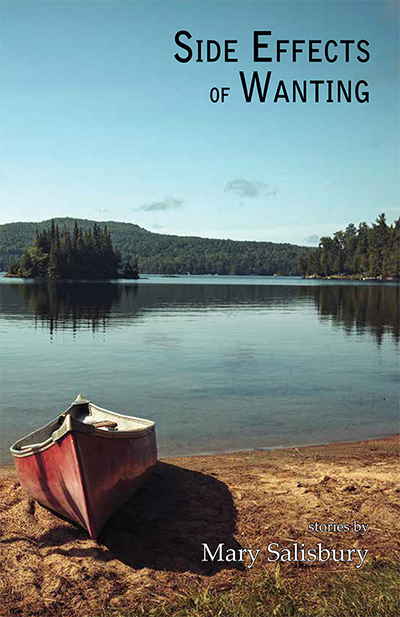
Side Effects, Mary Salisbury’s impressive debut collection, introduces a writer whose voice compels and enchants, its quiet and subtle vibrancy pitch perfect, story after story, and intensified by the quietness that surrounds each. Stories of love, longing, and loss, and behind each the writer’s charitable heart, and an observing eye that misses nothing. ~Jack Driscoll, author of The Goat Fish and the Lover’s Knot
Compelling and remarkably honest, Side Effects of Wanting investigates the sharper edges of our unique emotional landscapes in a series of exciting, accessible stories that explore both the strengths and frailties of the human condition in its varied aspects—personal identity, grief, fractured relationships, the ghosts of the past, transformation, and slowly mending hearts. Weaving together small-town stories filled with secrets, hardships, and that ever-present ache of almost becoming the person you want to be, Mary Salisbury tenderly renders heartbreaking narratives in which characters reach out to be loved, to be understood, and to finally feel safe. ~John Sibley Williams, author of As One Fire Consumes Another
Mary Salisbury’s stories are infused with the precision of a poet and the wisdom of a deep thinker, amounting to some of the best stories I’ve read about milestone matters of the heart, everyday regrets with life-altering outcomes, and the painful nuances of long-haul love. Side Effects of Wanting not only invites us in, it lets us laugh and cry while we watch on the edge of our seats as lovers, siblings, parents, and co-workers face private, universally relatable conundrums head-on. ~Katey Schultz, author of Still Come Home
Thank you, Mary, for stopping by today to share your thoughts on the creative process.
Daydreaming is part of writing to me. When I was young I climbed trees on our elm-lined street in Flint, Michigan, and hid so I could daydream in peace. My secret dream was to be a songwriter or a back-up singer.
Music was what captivated me, the music of the mid-60’s—Motown was the thing. In my Catholic school it was all plaid skirts and white shirts and daydreaming was not considered a prerequisite to good writing or to singing. But I knew in my heart that it was.
I read the poetry of Emily Dickinson and Robert Frost. I found the poetry of William Carlos Williams, and more, as I grew into my teens. I began to write poetry of my own, and I continued to write poems and stories as I got older and raised children and worked as a registered nurse.
No, I did not become a back-up singer, but I’d still like to be one. My love of music and my love of reading allowed me to enter the world of other worlds and I kept writing so that I could be there, in those other worlds.
As an adult I worked and lived in a small town in Southern Oregon and absorbed the life and natural world around me. I witnessed the act of quiet heroes—people who got out of bed every day and did what was necessary, despite their troubles. These are the people who populate my stories.
I wrote in the car, waiting for my children’s soccer, baseball, or basketball practice to end. I wrote in the library, or early in the morning before the day began. That’s the thing about writing—you only need a notebook and a pen.
I had my first book of short stories published two days before I turned seventy. Writing has sustained me through loss and love. If you love writing, if you need to write, keep writing, and always keep reading. They go together like lyrics and melody.
About the Author:
Mary Salisbury’s short fiction has been published in Cutthroat’s Truth to Power, The Whitefish Review, Cutthroat: A Journal of the Arts, and Flash Fiction Magazine. Salisbury’s essay on writing was featured in Fiction Southeast. Two of Salisbury’s chapbooks, Come What May, and Scarlet Rain Boots, were published by Finishing Line Press, and her poetry has appeared in Calyx. Salisbury is an Oregon Literary Arts Fellowship recipient and a graduate of Pacific University’s MFA in writing program.

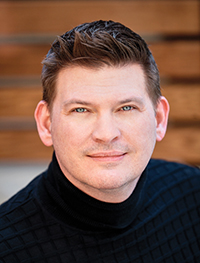 About the Poet:
About the Poet:












